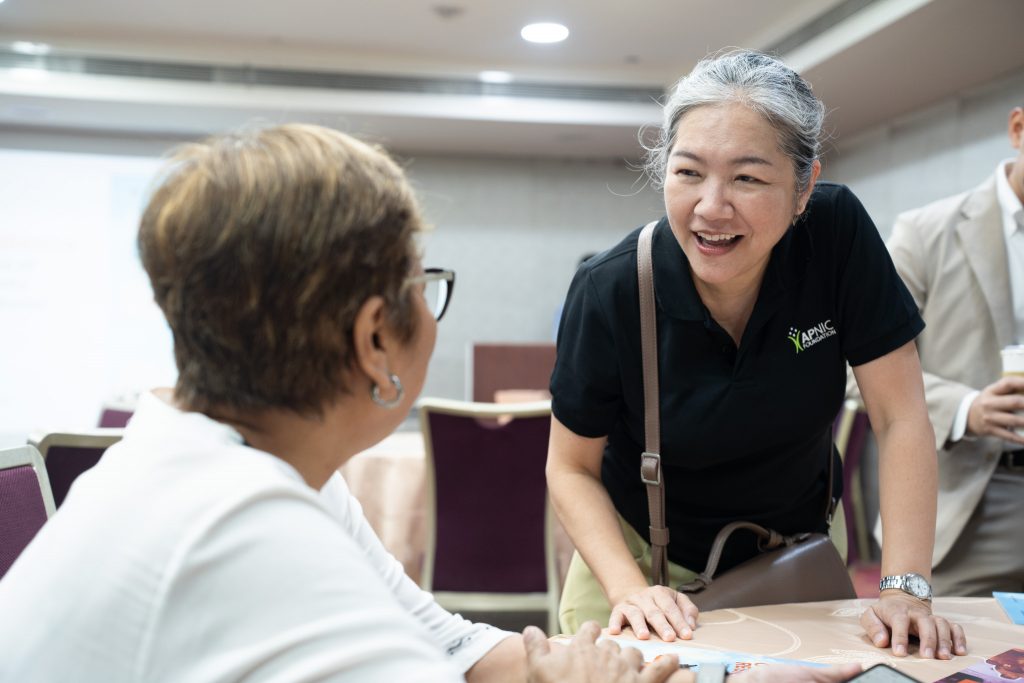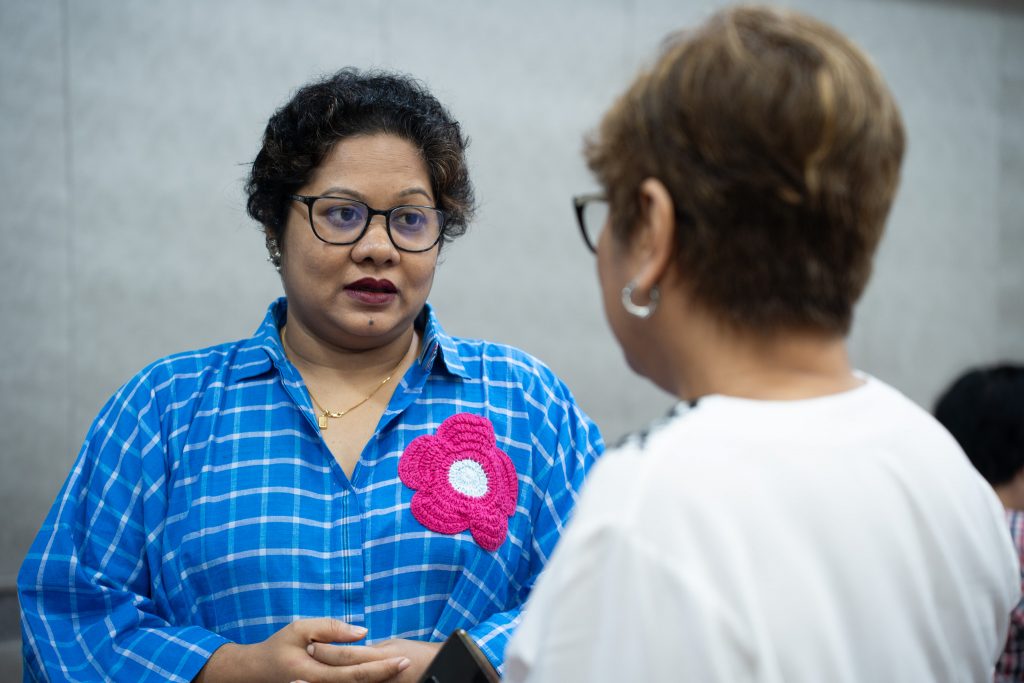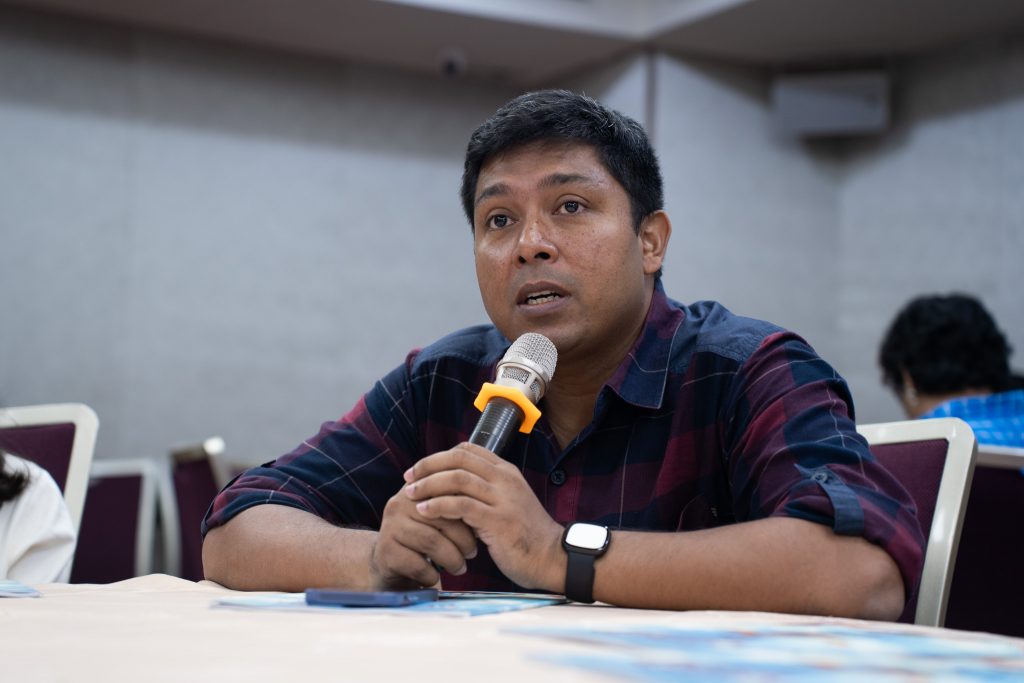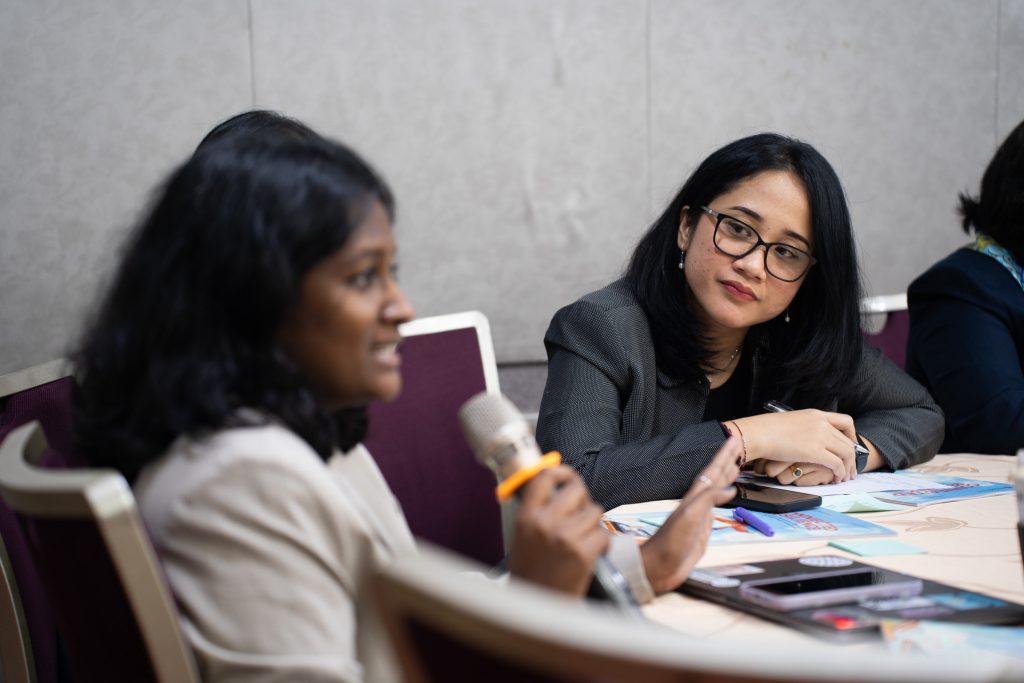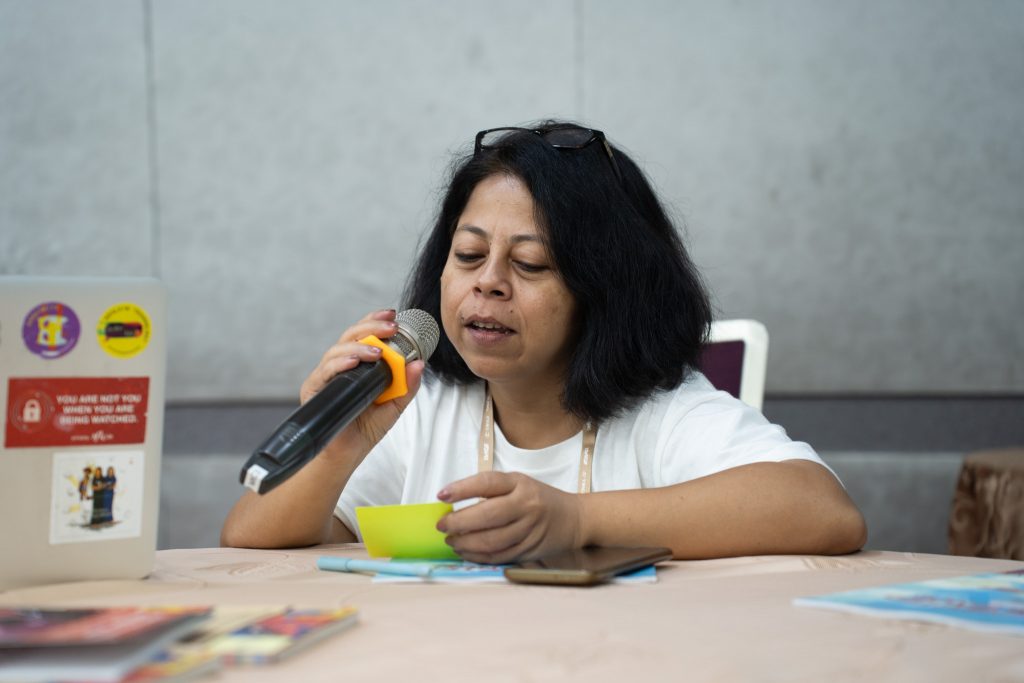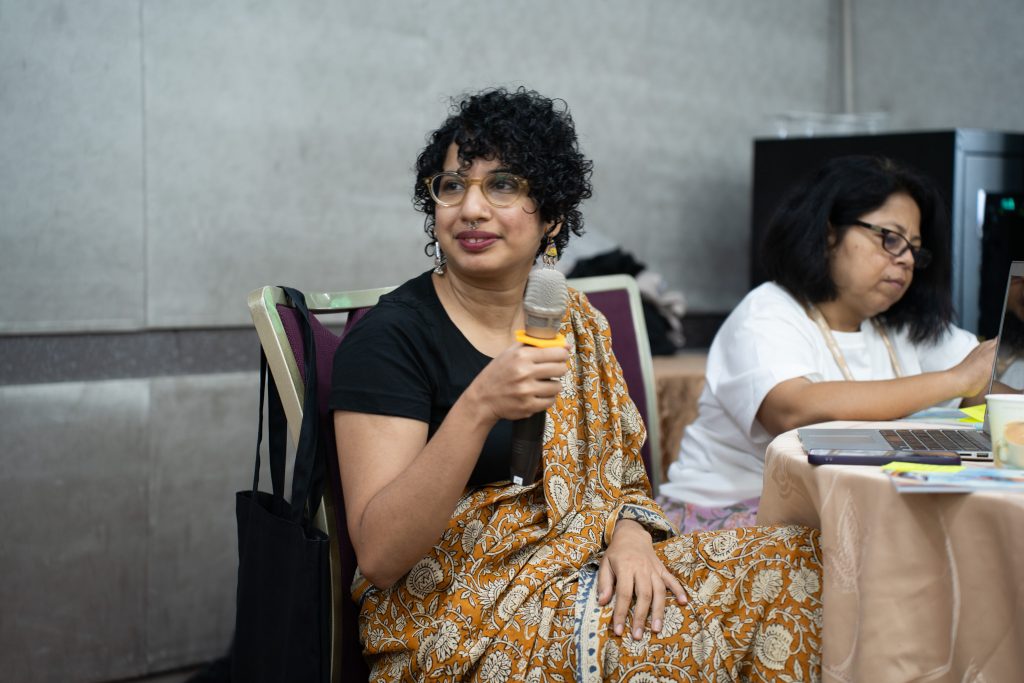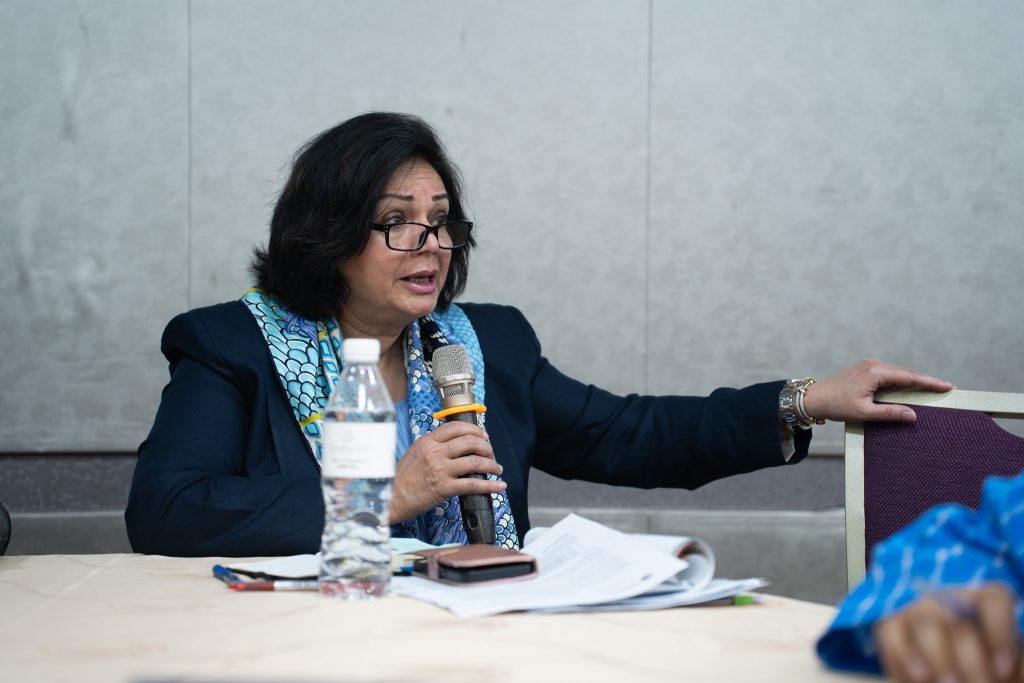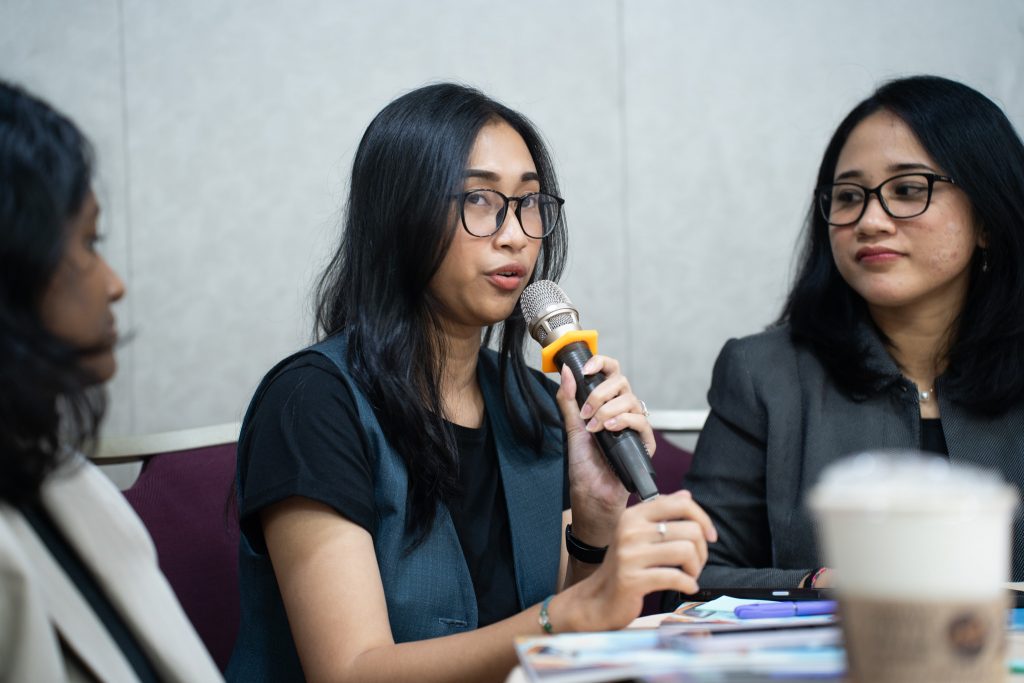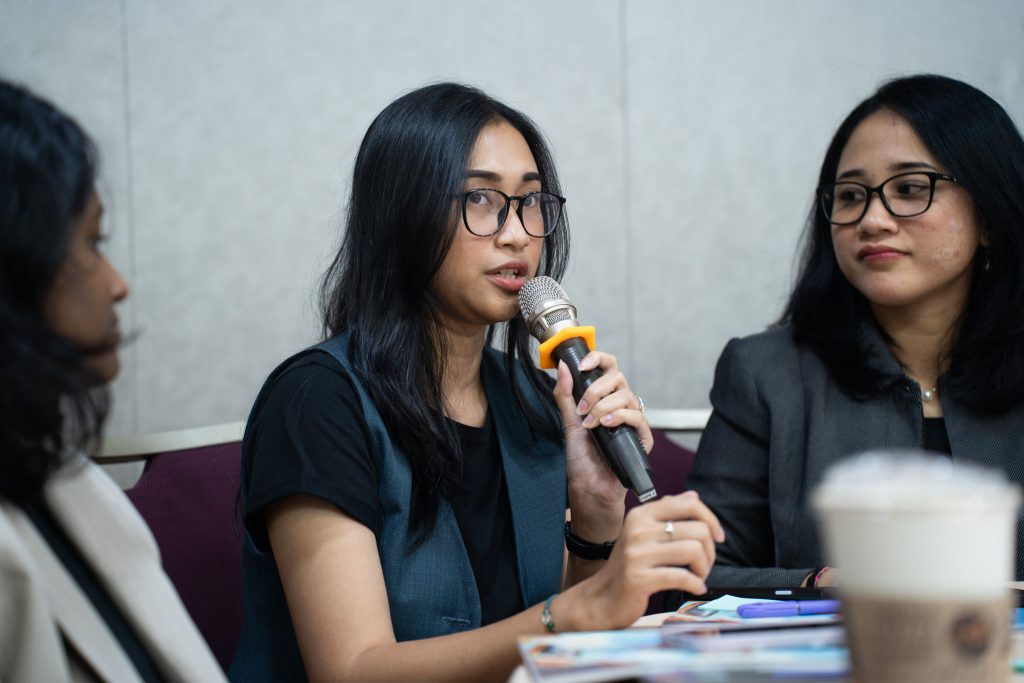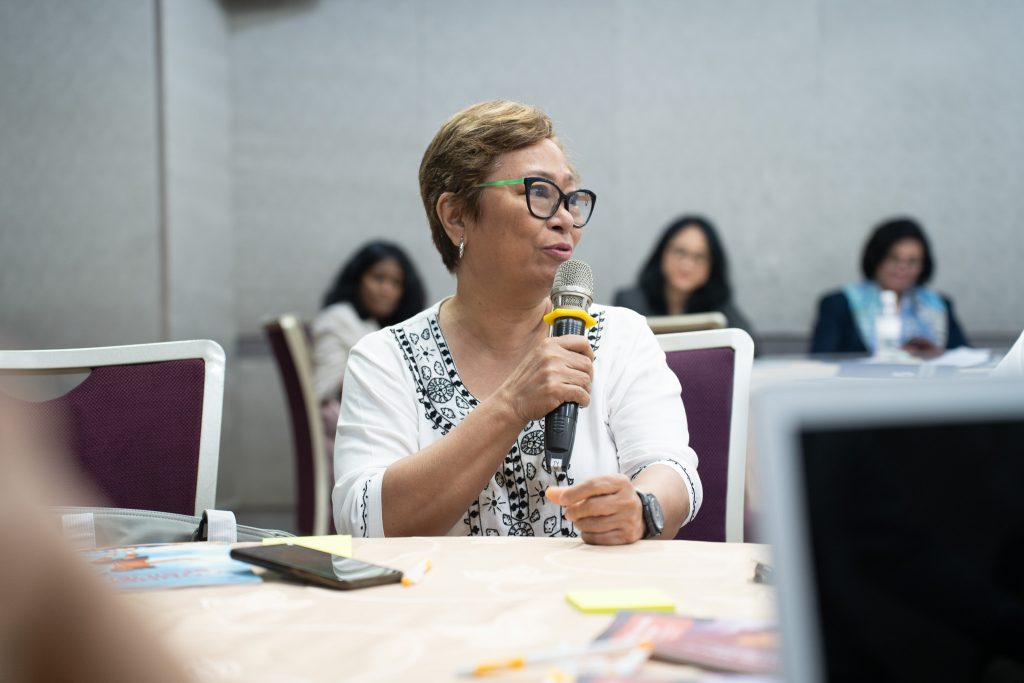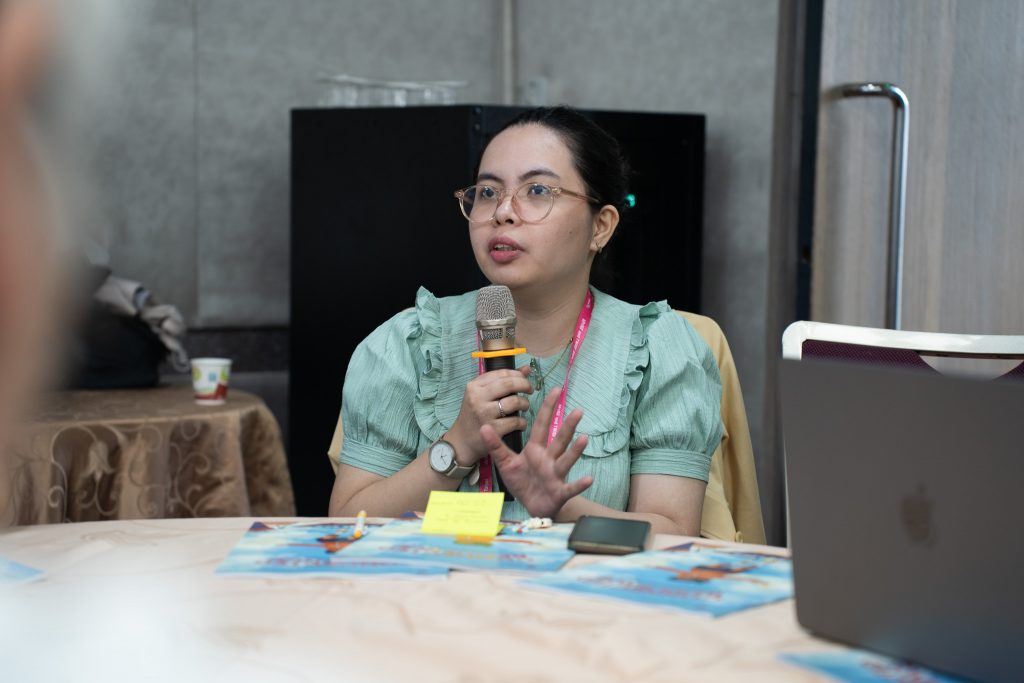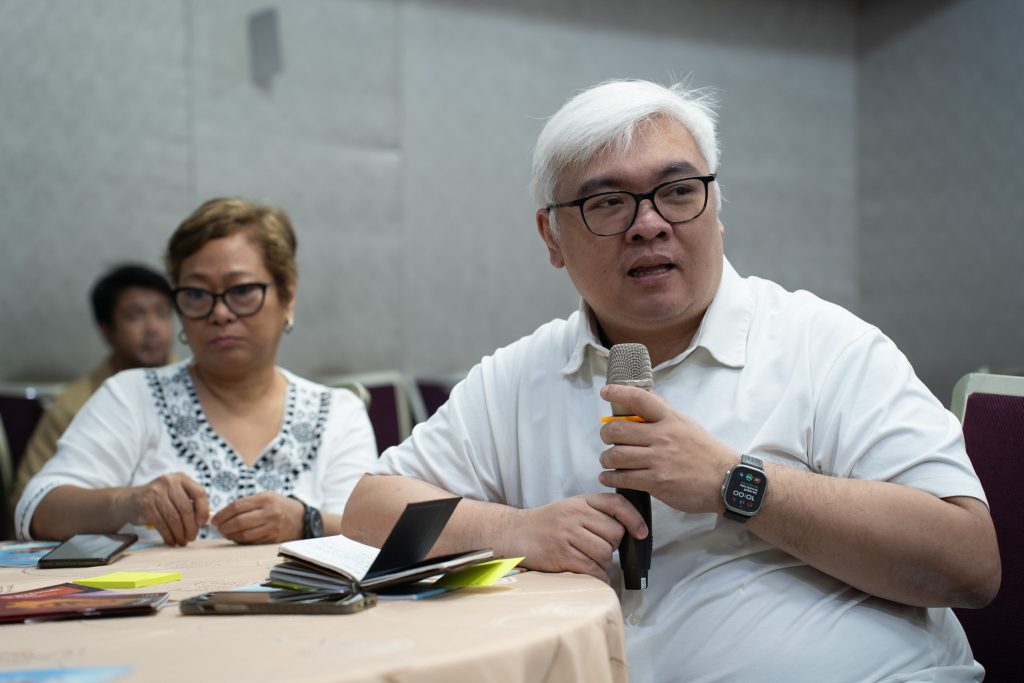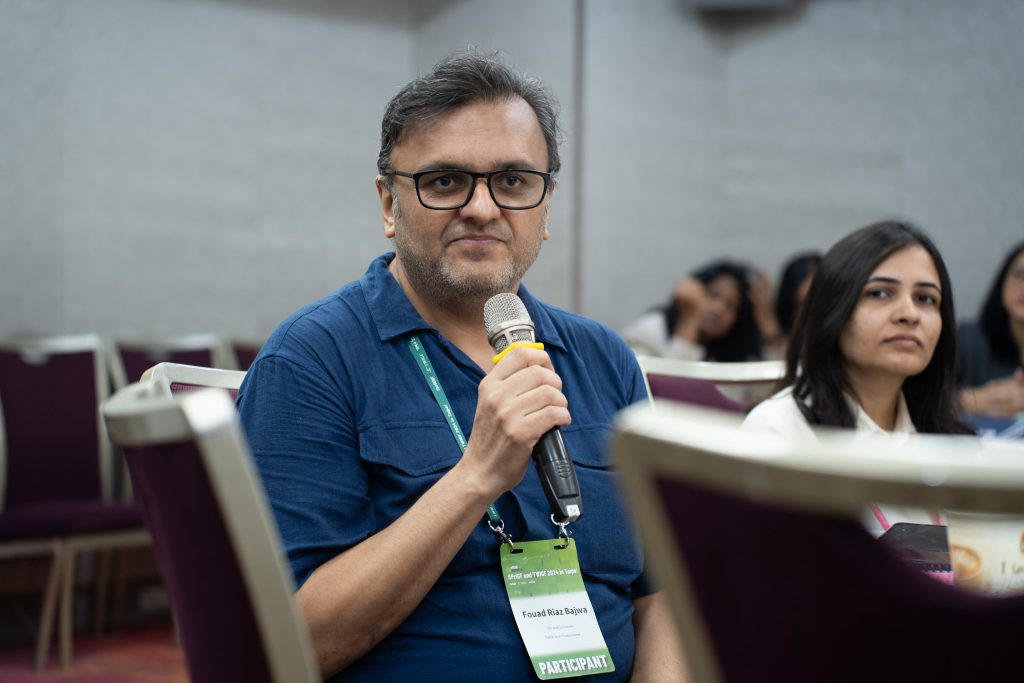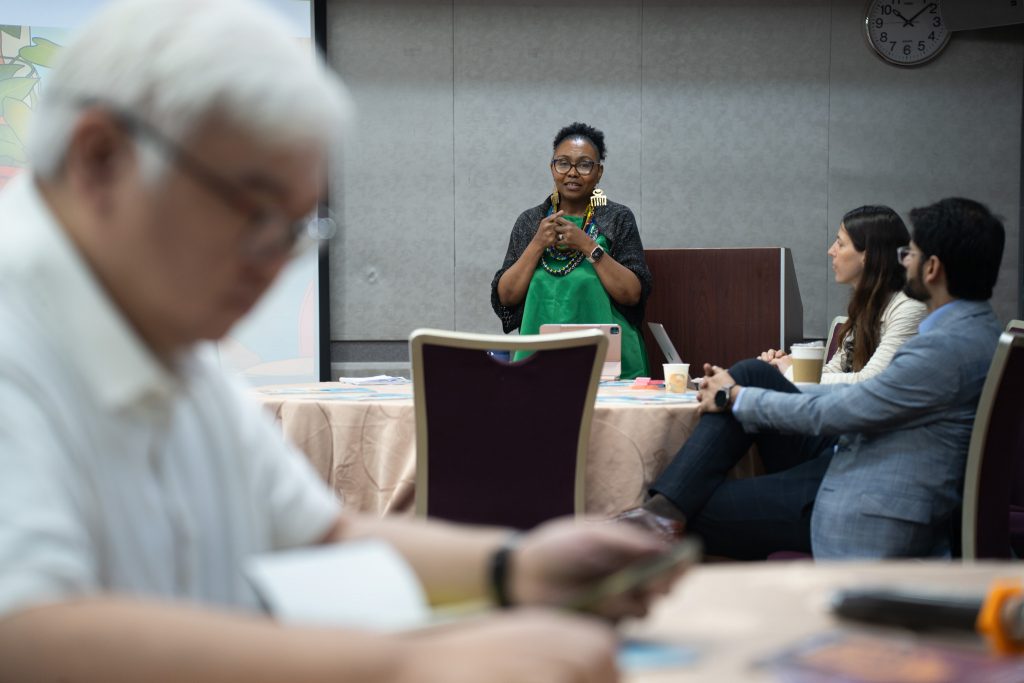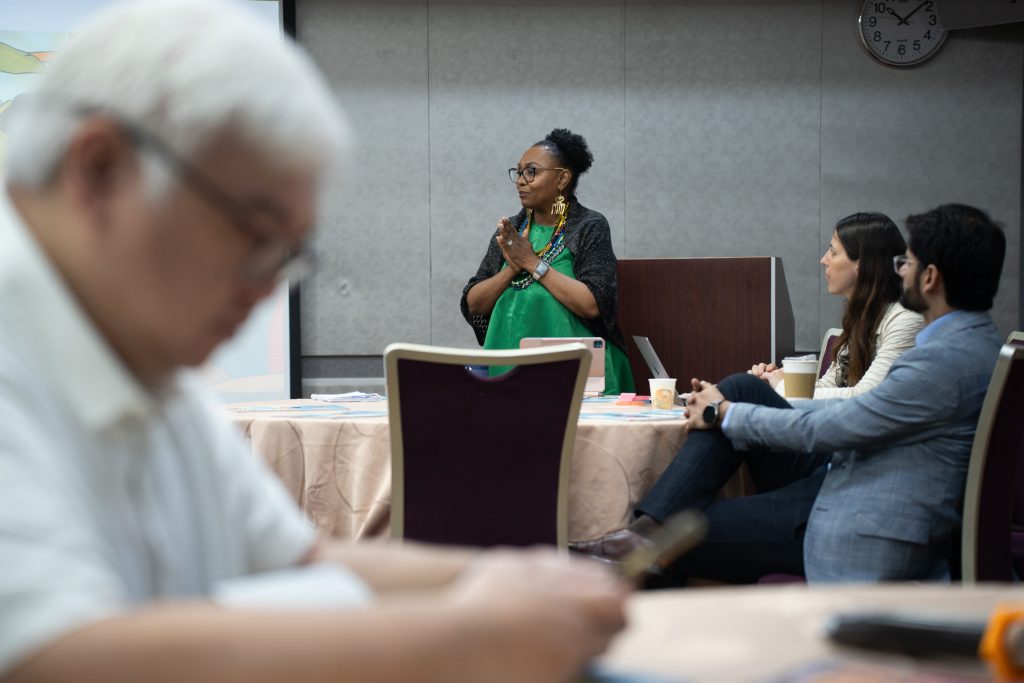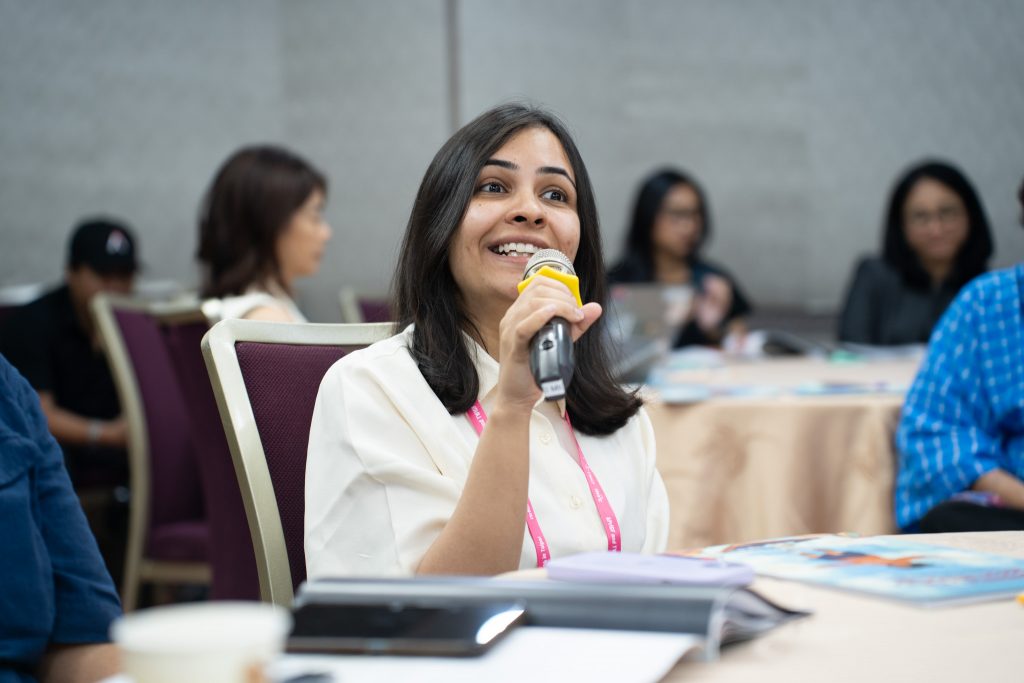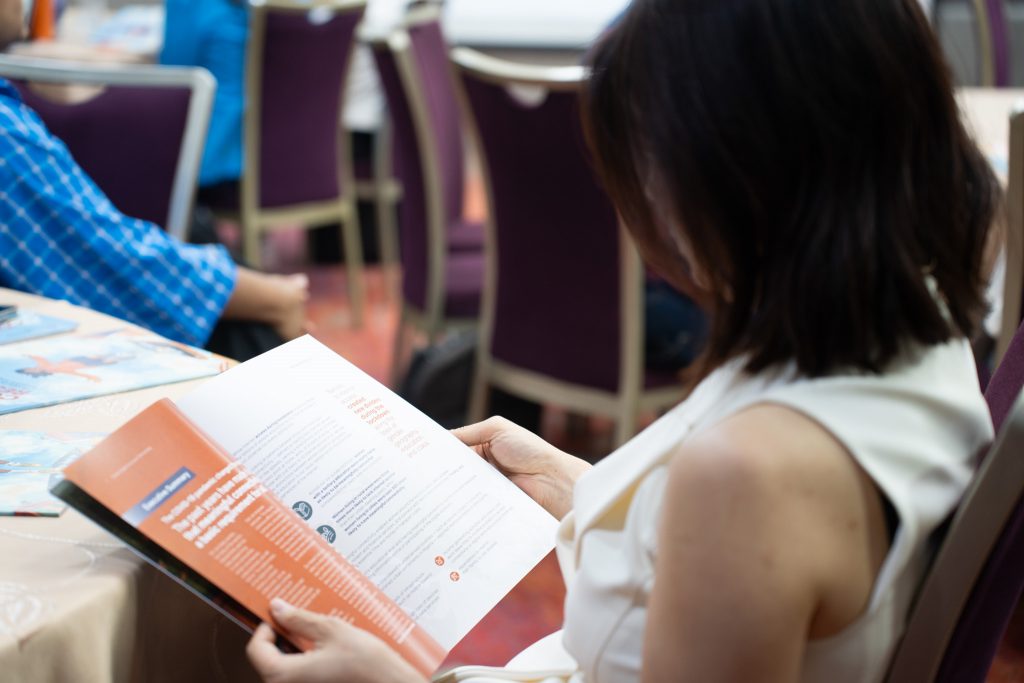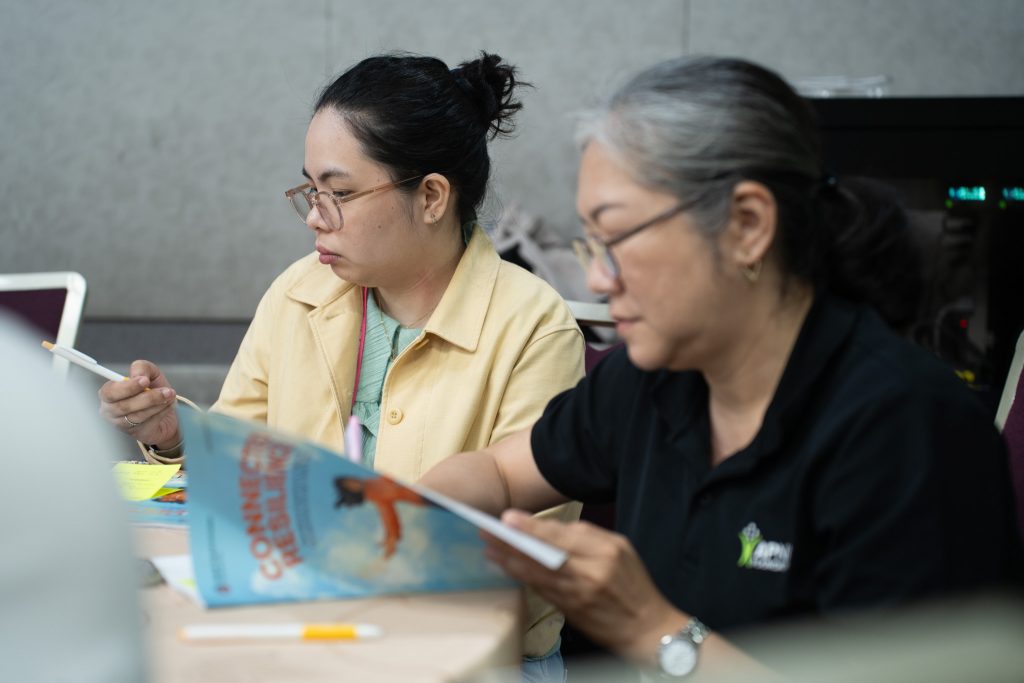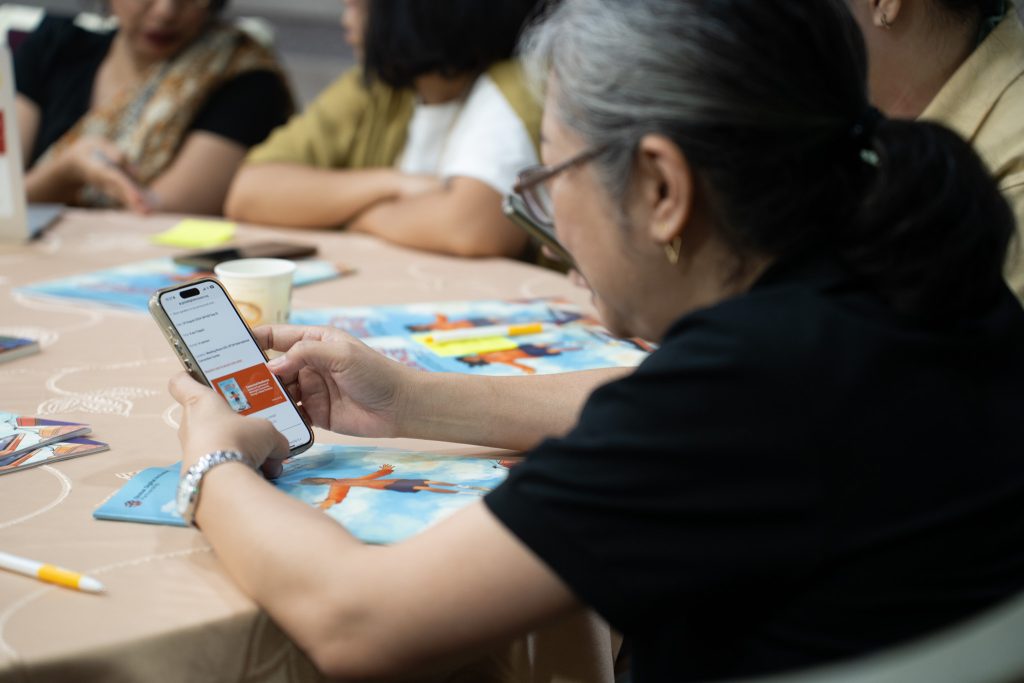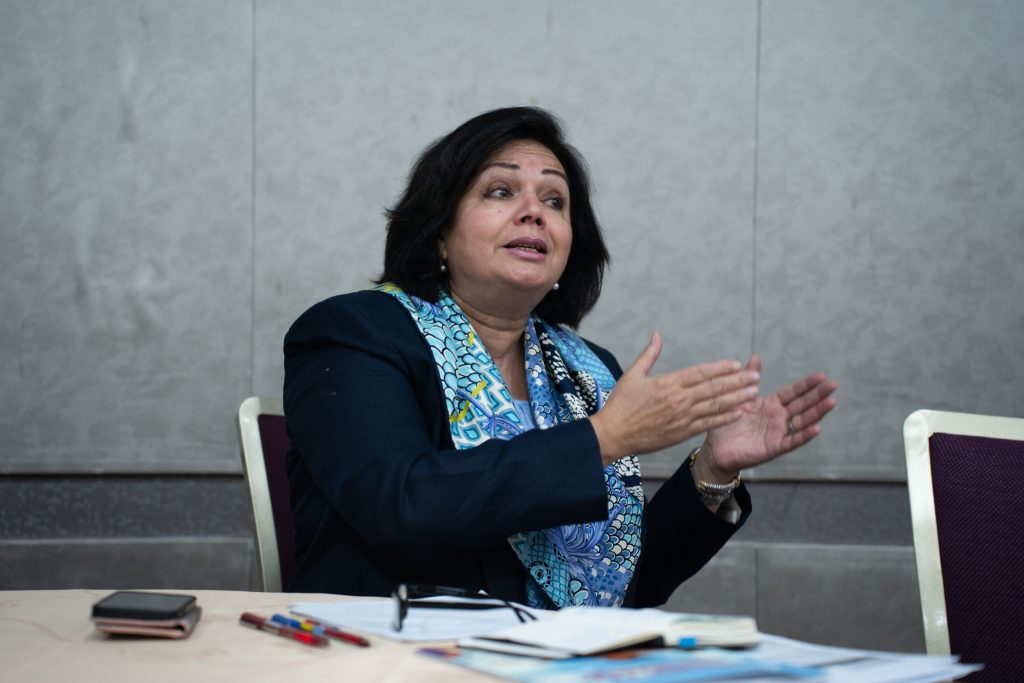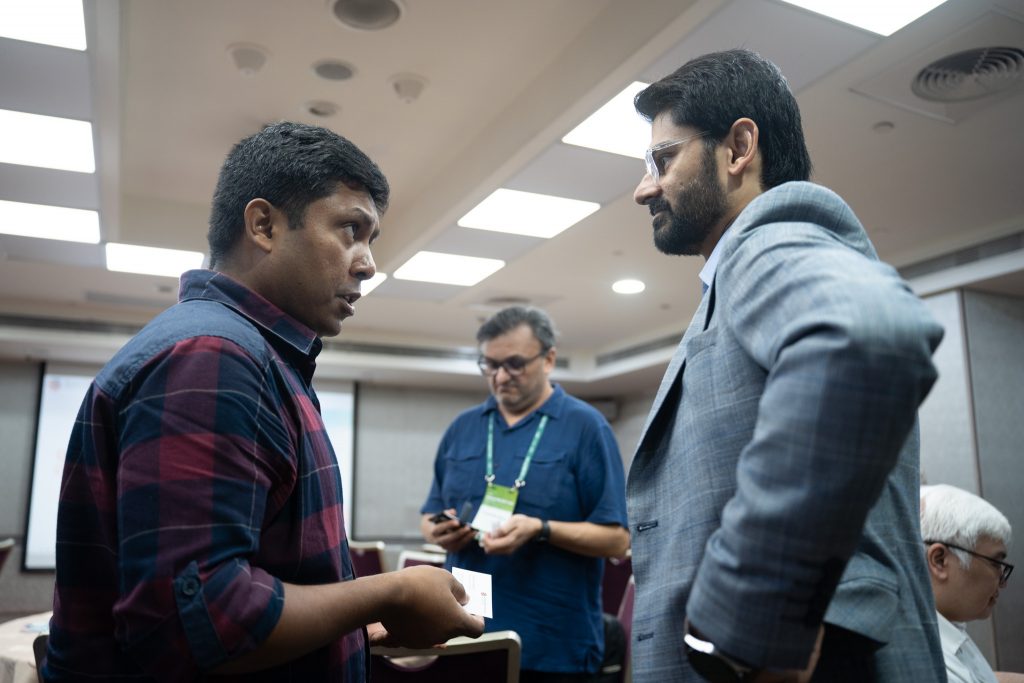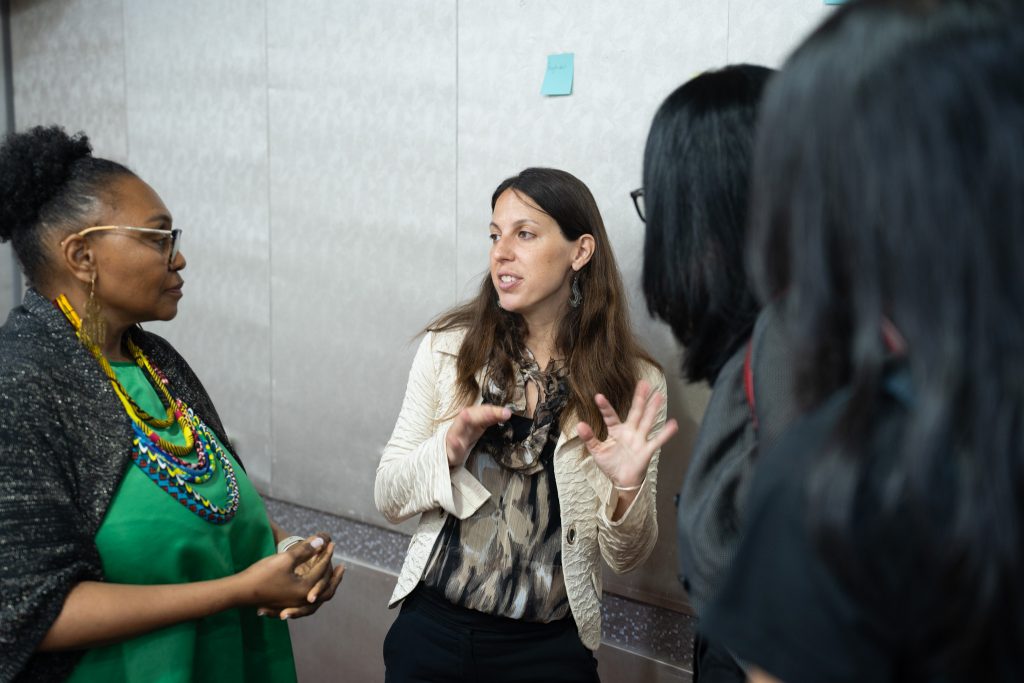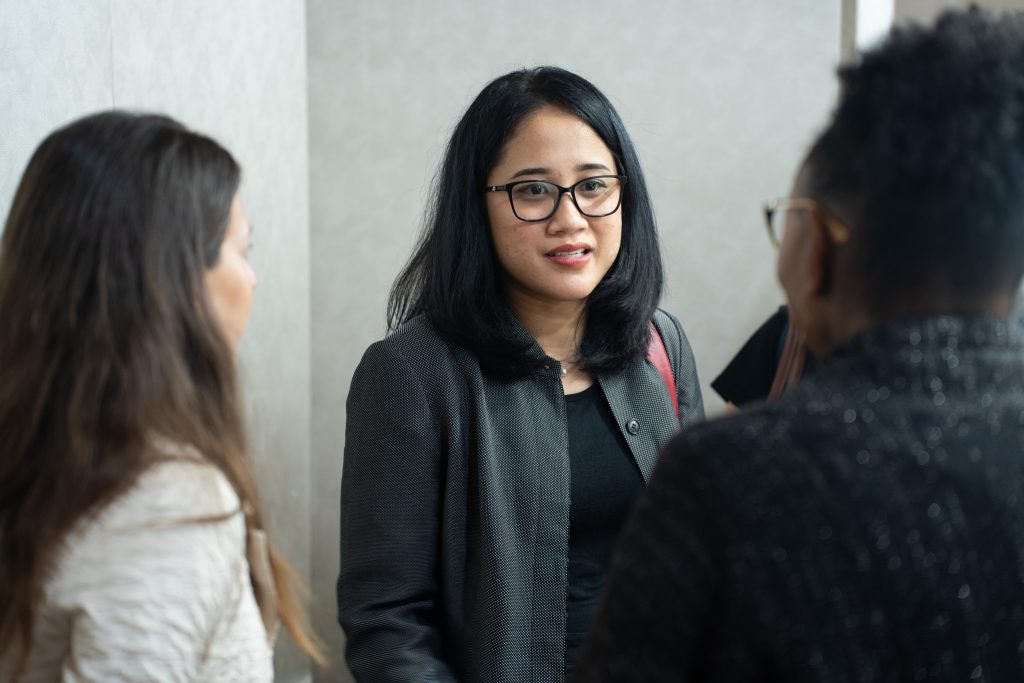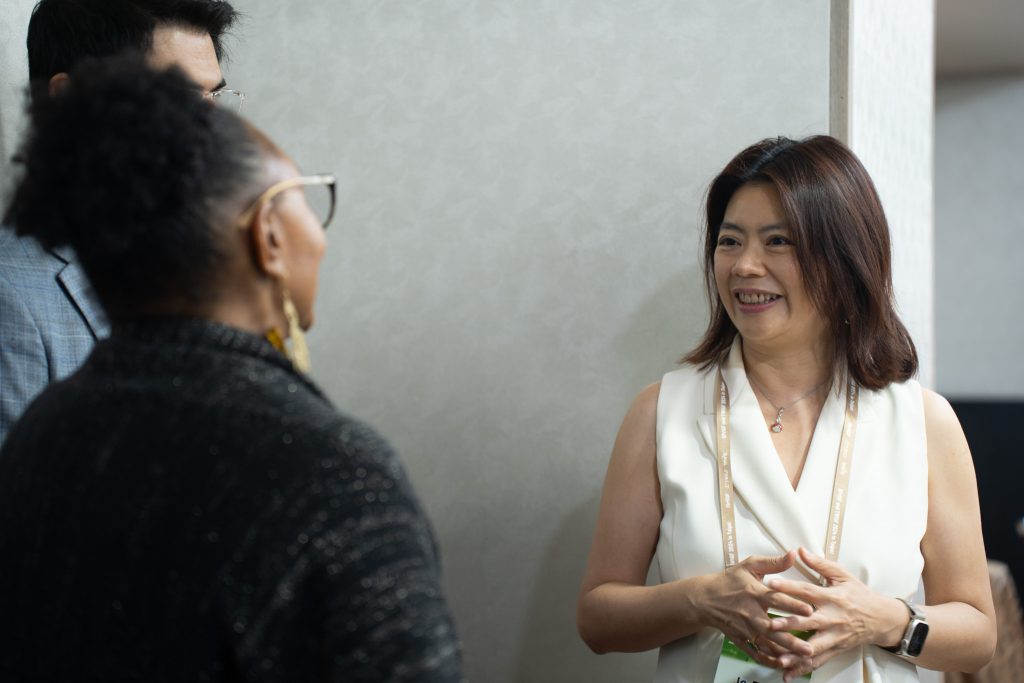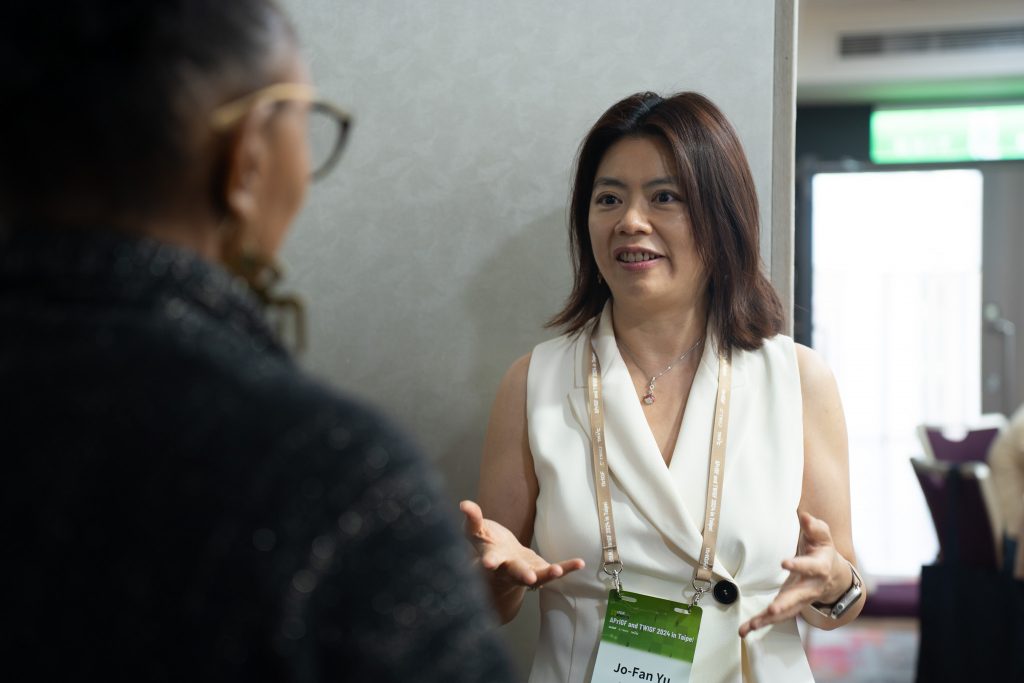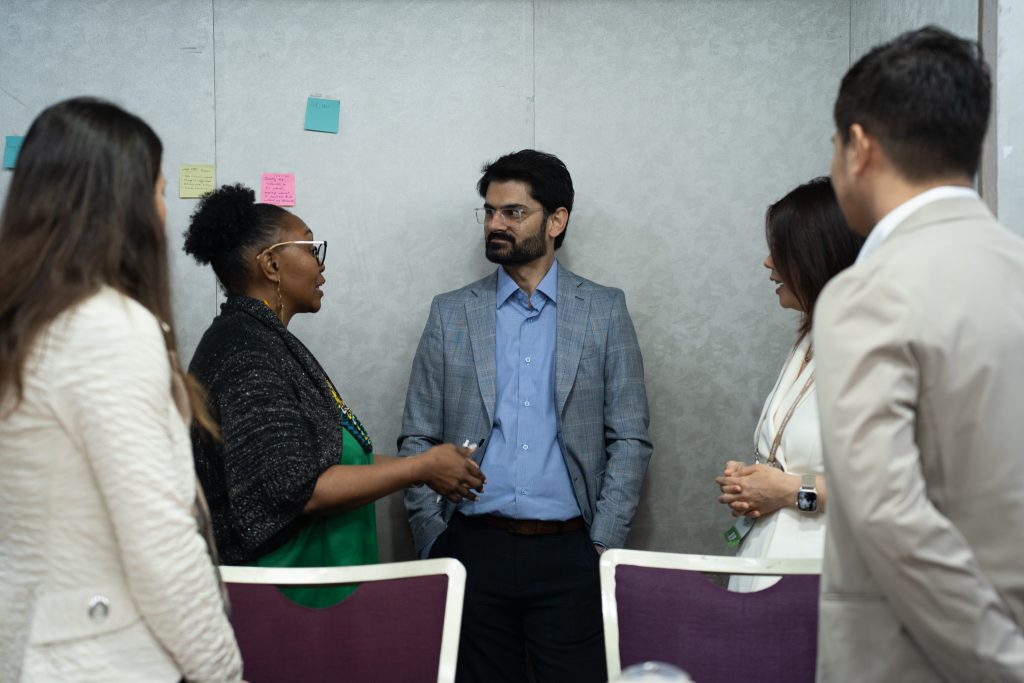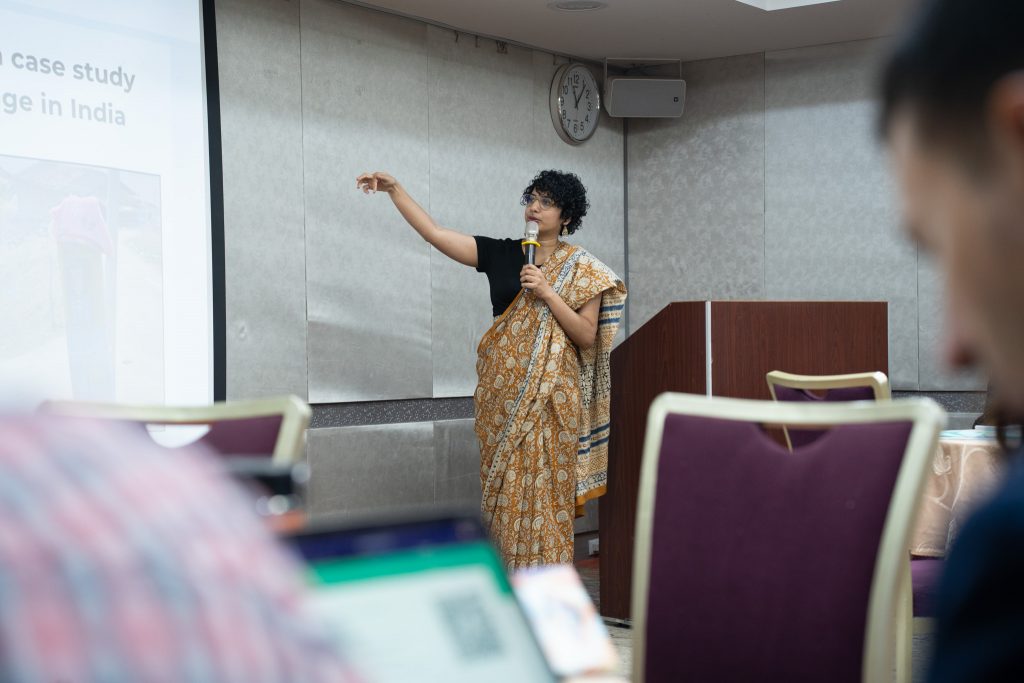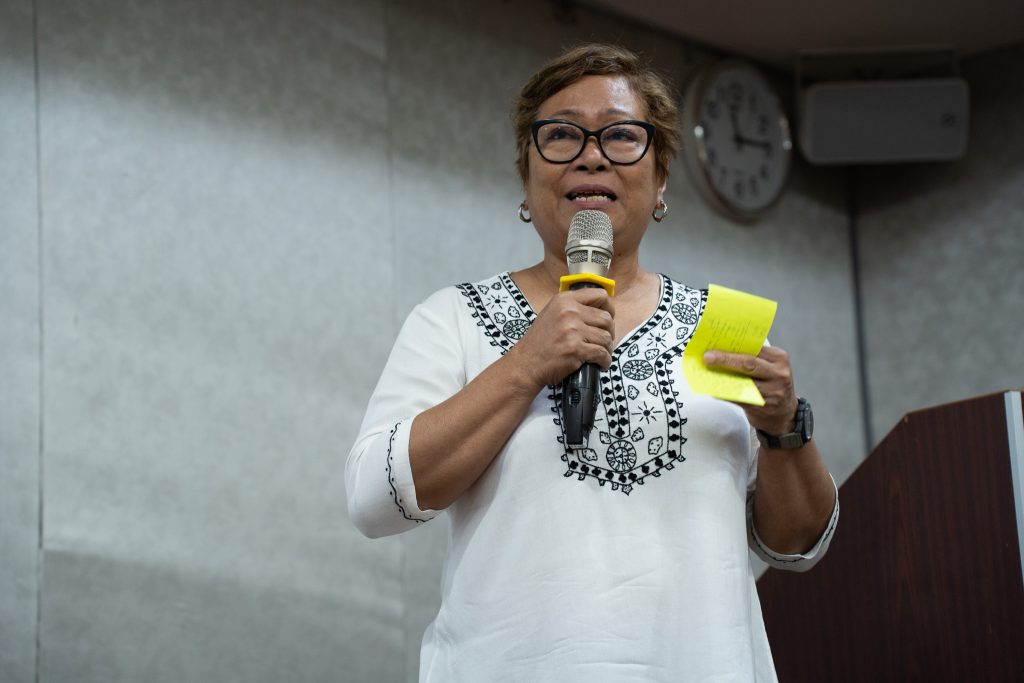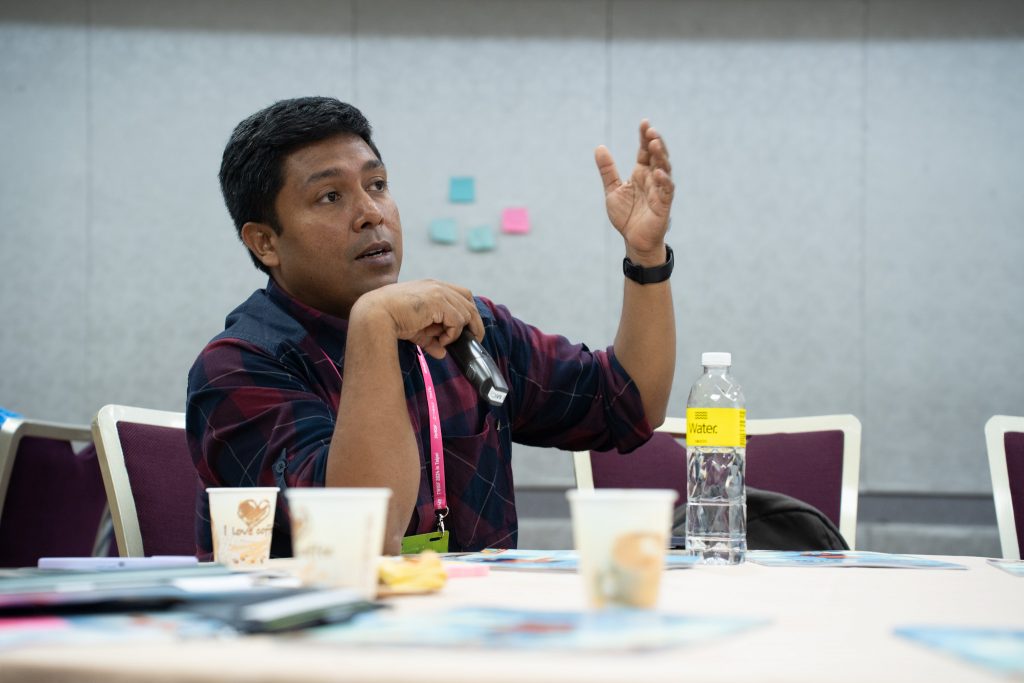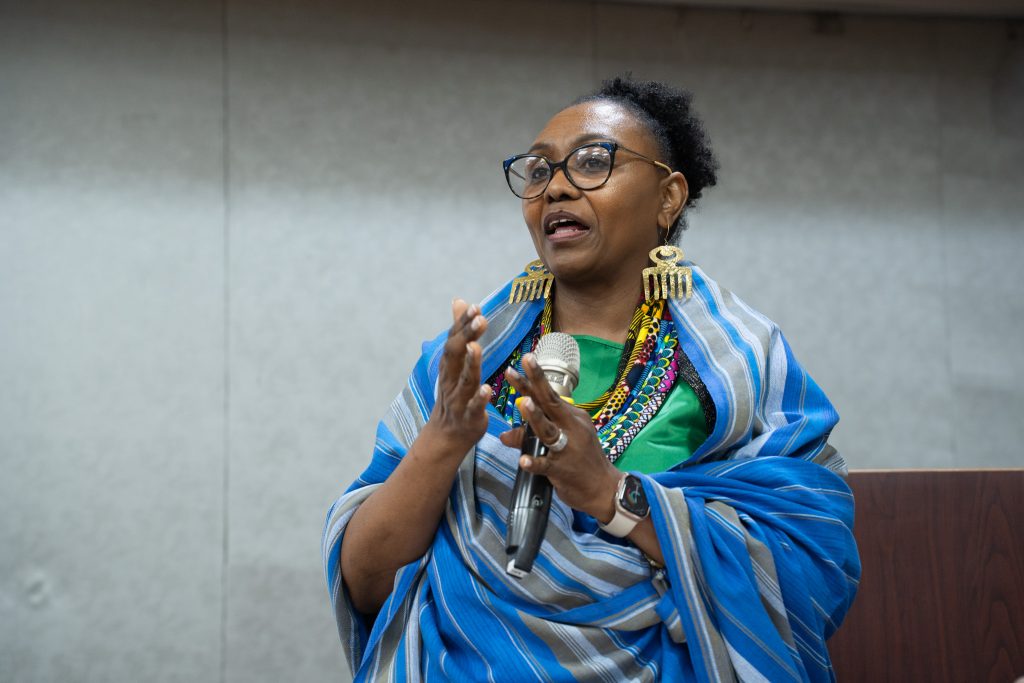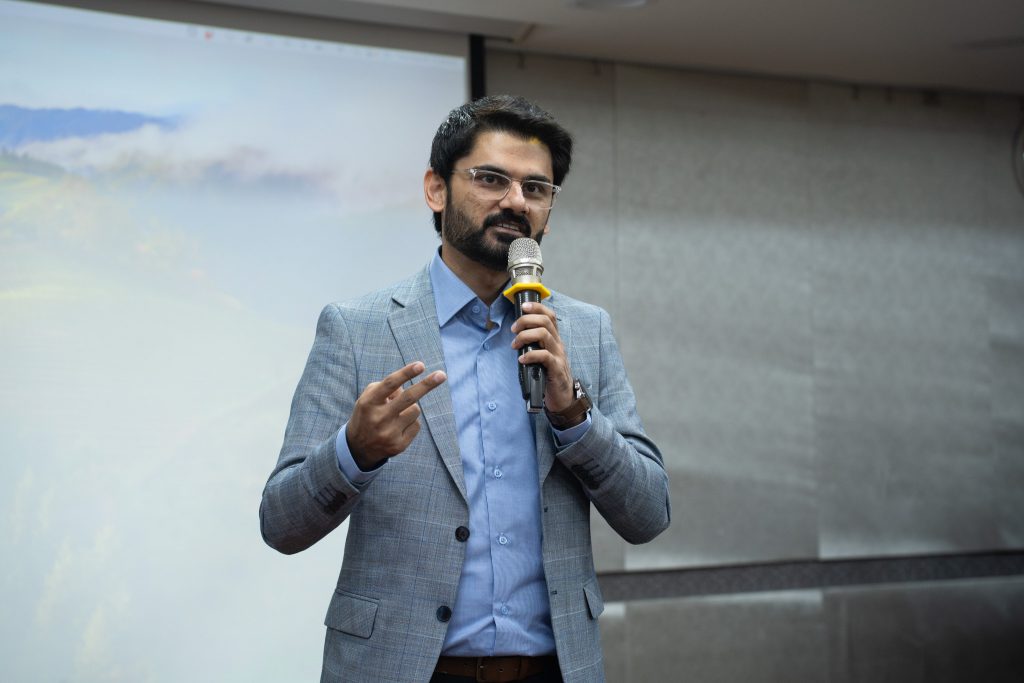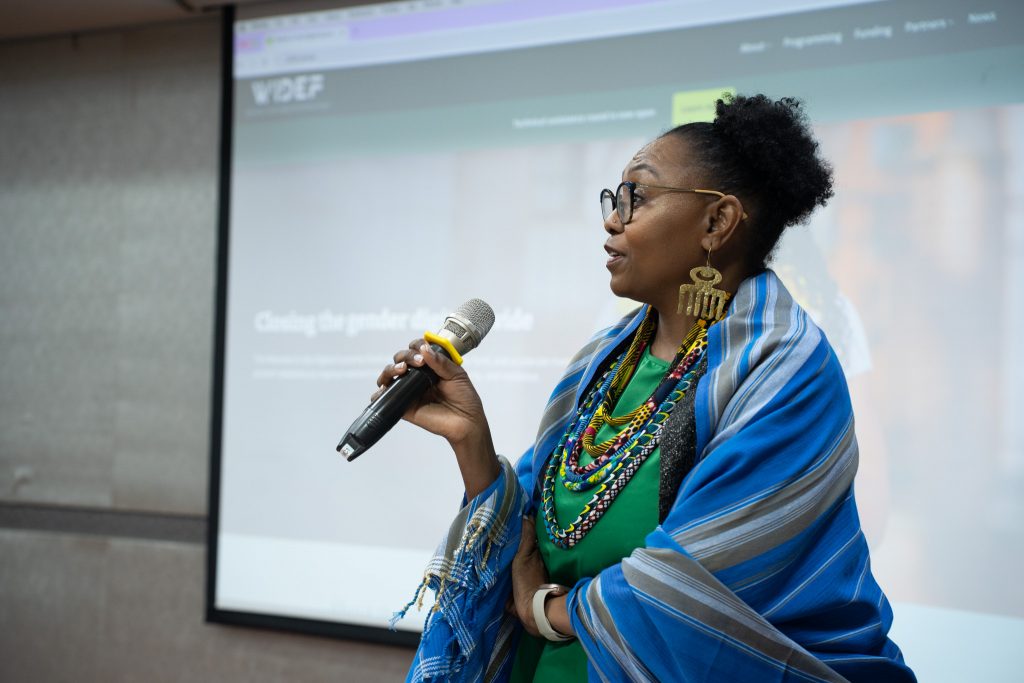This post was written by Waqas Hassan, GDIP Regional Lead for Asia.
The pace of technological innovation and internet development is outstripping the existing governance structures and policy reforms. This was one of the key messages by Her Excellency Vice-President of Taiwan Bi-khim Hsiao in her keynote address at the opening ceremony of the 15th Asia Pacific Regional Internet Governance Forum (APrIGF) held from 21-23 August 2024 in Taipei.
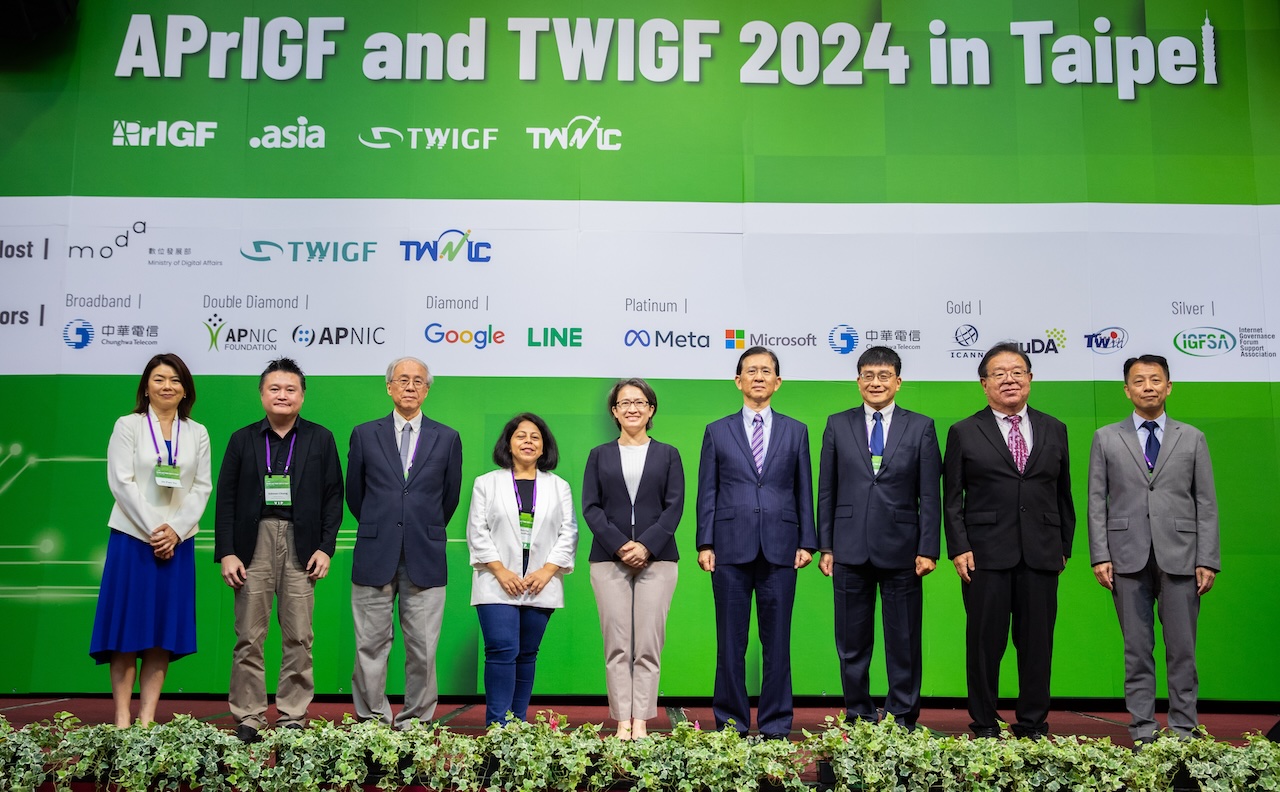
While the Asia Pacific region boasts the world’s largest internet user base, with over half of the global users, the disparities in internet access are stark. Nearly two-thirds of the region’s population is online, but the digital divide is vast. Developed countries like Japan and South Korea enjoy near-universal access, while developing nations like Afghanistan, Myanmar, and Papua New Guinea struggle with less than 40% internet penetration. The enormity of the challenge, from all-inclusive connectivity to affordability, digital rights and privacy, gender digital divide, and cyber security, underscores the need for a multistakeholder approach to internet governance.
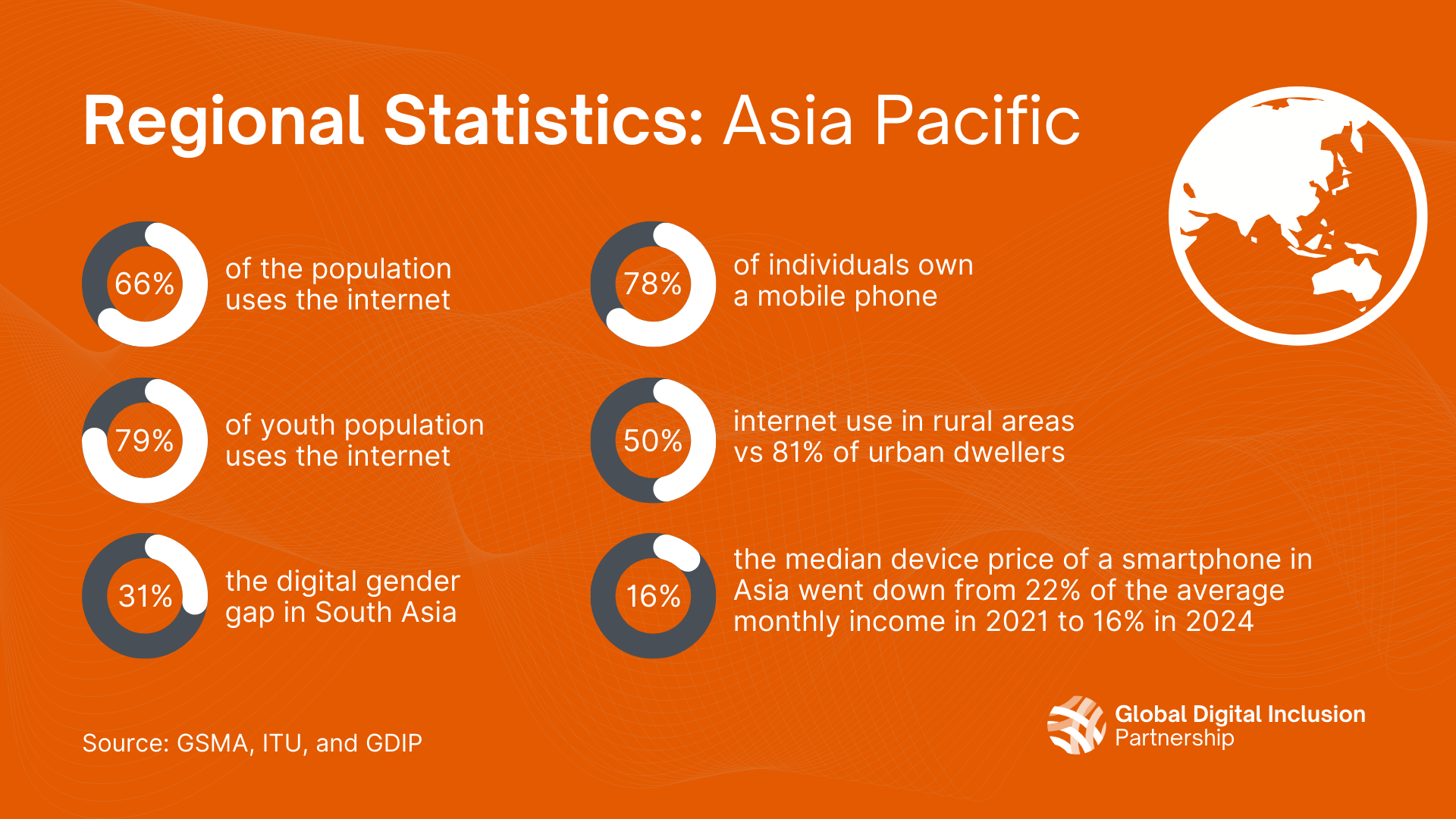
The public and private sectors are making concerted efforts to bridge the digital divide. However, this must be accompanied by responsible digital governance to ensure that everyone can use the internet meaningfully. This was the essence of the overarching theme for APrIGF 2024: “Evolving Ecosystems, Enduring Principles: Shaping Responsible Internet Governance”. The main theme incorporated three high-level thematic tracks, namely “Security & Trust”, “Resilience”, and “Ethical Governance of Emerging Technologies”, under which all sessions were organized by the APAC Internet community.
APrIGF 2024 was attended by 671 in-person and 1,674 online participants from over 63 countries and territories. 46% of the attendees were females, while 5% identified as non-binary. There were 27 official sessions conducted by 200 moderators and speakers, and ten pre- and side events.
Global Digital Inclusion Partnership (GDIP) organized a workshop on ‘Connected Resilience: Gender Experiences of Meaningful Connectivity” as an official side event on Day 0 of APrIGF. It was conducted by GDIP Executive Director Onica Makwakwa and Senior Insights Manager Ingrid Brudvig, who shared key lessons from GDIP’s latest research in an interactive environment.
Our partners, Lisa Garcia of the Foundation for Media Alternatives and Jenny Sulfath of the Digital Empowerment Foundation, shared their experiences and learnings from the Philippines and India. Participants from various sectors and backgrounds also had the opportunity to contribute their perspectives and insights from the countries and regions they are working on.
We’ve also shared information about the Women in the Digital Economy Fund (WiDEF), its objective, focus areas, current and upcoming funding opportunities, and invited everyone to spread the word and get involved.
To learn more about APrIGF 2024 and its outcome, check out the draft Synthesis Document, which summarizes the programme and input from the participants. The final document will be published by mid-October.
Next year, GDIP will further strengthen its presence at APrIGF 2025, which will be hosted by Nepal. We look forward to seeing you there, and let’s continue working together to advance digital inclusion and multistakeholder internet governance in the Asia Pacific region and beyond.
Interested in joining GDIP? We are always looking for partners in Asia Pacific to make universal access and meaningful connectivity a reality for the global majority. Please reach out to our Regional Lead for Asia, Waqas Hassan, to learn more about how we can work together.
About GDIP
The Global Digital Inclusion Partnership is a coalition of public, private, and civil society organizations working to bring internet connectivity to the global majority and ensure everyone is meaningfully connected by 2030. GDIP advances digital opportunities to empower and support people’s lives and agency, leading to inclusive digital societies.
